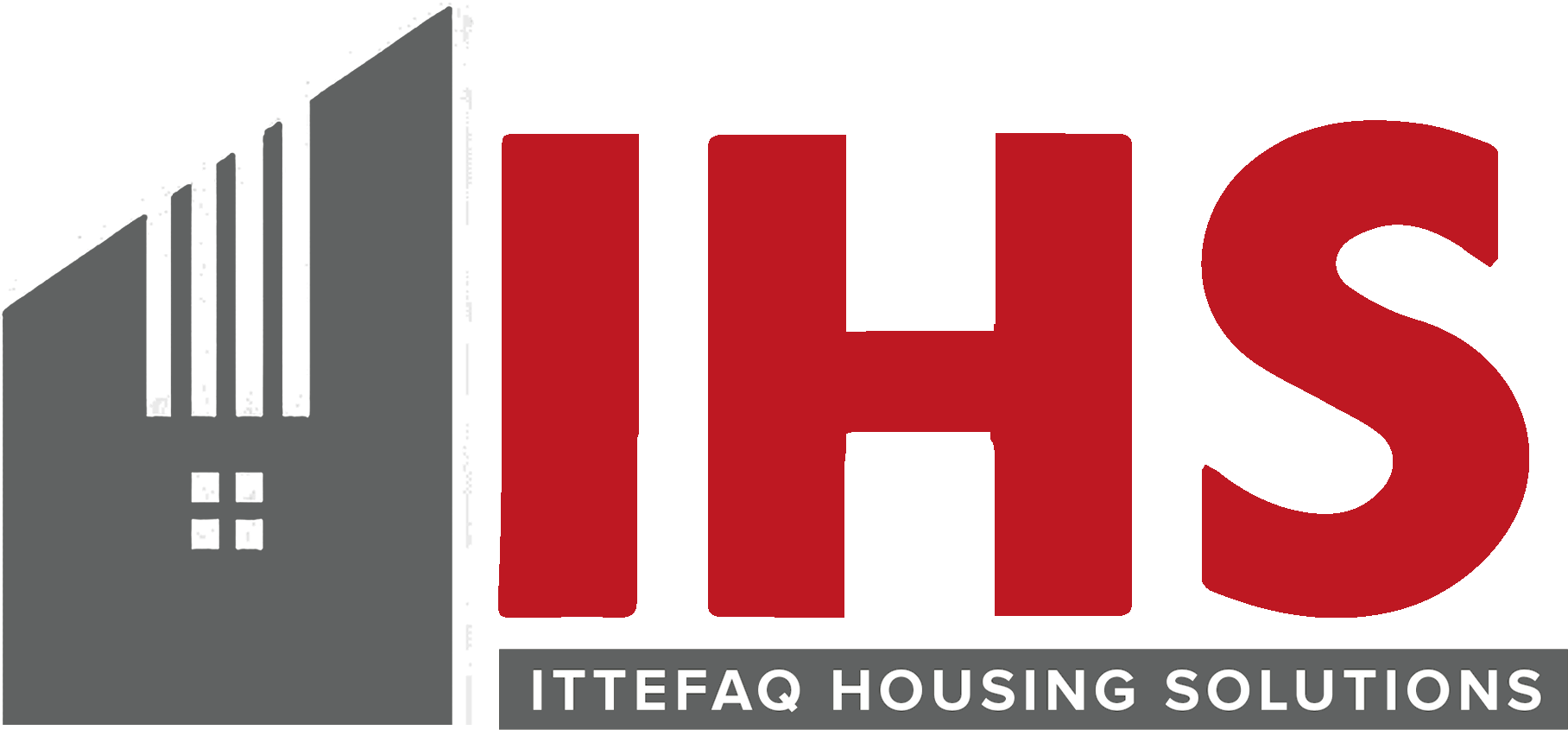Best Practices for Quality Assurance in Residential Construction – IHS Professional Guide
- By ittefaq
- July 17, 2025
- 64
- Construction
At IHS, we believe the true measure of a house isn’t just its exterior design—it’s the strength, durability, and quality of its structure. Over the years, we’ve completed hundreds of residential projects across Lahore, Islamabad, and Karachi, and one thing remains constant: the homes that stand the test of time are built with strict quality assurance at every stage.
In this guide, we explain the best practices for quality assurance (QA) that every homeowner should demand during house construction in Pakistan. Whether you are building a 10 Marla home or a 2 Kanal luxury residence, these practices are essential to ensure your house remains crack-free, weather-resistant, and maintenance-free for decades.
Why Quality Assurance is Essential in House Construction
Quality assurance is a systematic process of preventing errors and ensuring high standards during every phase of construction. Without proper QA, homeowners face:
Structural cracks within 2-3 years
Premature failures of plumbing or electric systems
Water seepage in basements and roofs
Increased repair costs within the first 5 years
At IHS, we believe it is better to invest in quality assurance upfront rather than face costly reworks later. Our daily supervision, third-party material testing, and structured construction checklists help homeowners avoid these common issues.
5 Phases of Quality Assurance at IHS
1. Pre-Construction Quality Checks
Before the first brick is laid, we ensure:
✅ Architectural and structural designs are cross-verified
✅ Soil testing is completed to determine foundation requirements
✅ Approved NOCs and building codes are followed
✅ Final BOQ and timeline are established with quality benchmarks
This prevents common foundation and design-related mistakes.
2. Grey Structure QA Protocols
This is the backbone of your house. At IHS, we have strict grey structure QA steps:
✅ Grade 60 certified steel with mill certificates
✅ Concrete cylinder tests (3000 PSI minimum)
✅ Proper curing schedules (at least 7 days for slabs, 14 days for foundations)
✅ Accurate column and beam placement as per structural drawings
Fact: Over 70% of future maintenance issues originate from poor grey structure practices. With IHS, this risk is eliminated.
3. MEP Quality Assurance (Mechanical, Electrical, Plumbing)
Poor plumbing and electrical installations lead to the highest maintenance costs. IHS guarantees:
✅ Pressure testing of water lines before plaster
✅ Proper gas line sloping and safety measures
✅ High-grade PVC, PPRC, and copper wiring (Popular, GM brands)
✅ Leak and insulation testing of all systems before handover
Learn more in our Complete Guide to MEP Works in House Construction.
4. Finishing Works Quality Control
This is where most contractors cut corners. IHS applies:
✅ Verified tiles with calibration checks
✅ Branded sanitary and electric fixtures (Master, Faisal, Philips)
✅ Wood moisture testing before door installation
✅ Daily finish inspections by our site supervisors
This ensures your house looks premium and lasts longer without early wear-and-tear.
5. Pre-Handover Quality Snagging
Before project completion, IHS performs:
✅ Complete snagging walkthrough with the client
✅ Fixing of minor issues (paint touch-ups, fixture alignment)
✅ Full documentation of materials used and tests conducted
✅ Final project completion report for client records
Summary Table – IHS Quality Control Milestones
| Stage | Key QA Activity |
|---|
| Pre-Construction | Soil testing, design verification |
| Grey Structure | RCC testing, steel verification, curing protocols |
| MEP Works | Pressure & leak testing, safe routing |
| Finishing | Branded materials, calibration checks, daily site inspections |
| Pre-Handover | Full snagging checklist, rectifications, documentation |
IHS Quality Assurance vs Market Standard
| Aspect | Typical Contractor | IHS Approach |
|---|
| Material Testing | Rare or verbal | Third-party testing & certificates |
| Supervision | Occasional visits | Daily on-site supervision |
| MEP Verification | Not tested | Leak & pressure testing mandatory |
| Finish Inspections | Minimal checks | Daily checks + final snagging |
| Client Updates | Verbal only | Documented reports & sign-offs |
Key Takeaways for Homeowners
- Don’t just rely on verbal promises—demand documentation
- Monitor quality at every stage—not just finishing
- Invest in professional supervision to avoid future maintenance disasters
- Always request pre-handover snagging


